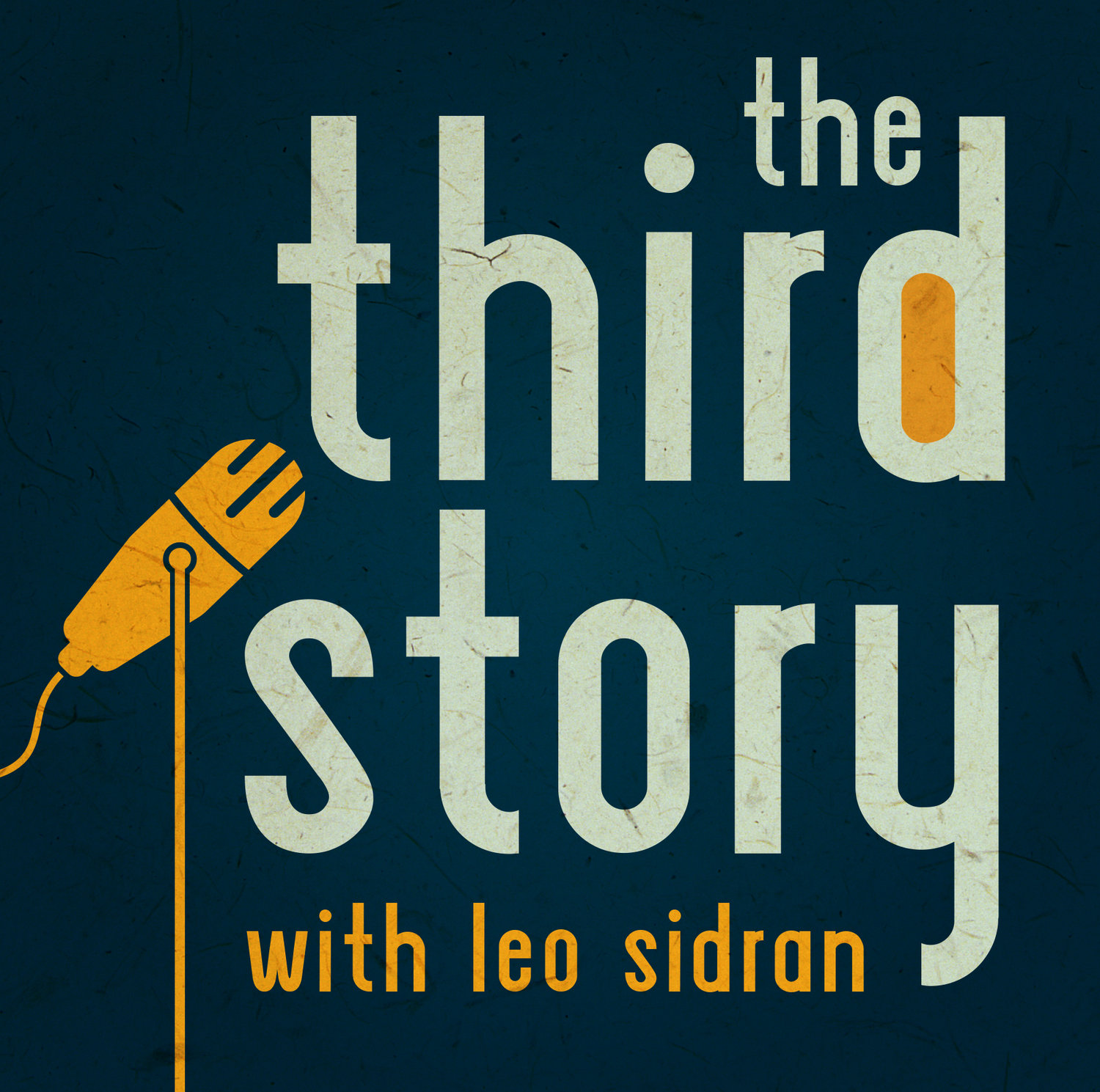Doug Wamble is a very soulful musician and singer - the blues runs deep in his playing, and he has a direct, funky approach to songwriting and composing.
Doug grew up in the south – he was born in Clarksville, Tennessee and raised in Memphis. Although he grew up with music in his family, he only started to play music in his late teens. But when he decided to become a musician, dove in deep.
After finishing a graduate degree from Northwestern in Chicago, Doug moved to New York city to pursue his dream of becoming the next great jazz guitar player, and specifically, of playing with Wynton Marsalis. He says, “my practice for so long was geared towards how can I play in such a way that Wynton Marsalis will hire me.”
Apparently it worked, because soon after moving to New York, Doug recorded with Wynton, and also started working with Madeline Peyroux, Cassandra Wilson, and Steven Bernstein.
In our conversation, Doug talks about what happened next – he had the good fortune of achieving much of what he hoped to in New York very quickly, only to find that he was still scuffling to pay the rent, and still hustling for the next gig. That’s when his career really began to take shape.
This interview is an honest snapshot of an artist in mid career – Doug is very much in it right now, thinking about his current projects (last year he released two solo records and produced singer Morgan James’ EPIC records debut “Hunter”!) and what the next steps are. But he’s also 20 years into a career that has put him in a lot of rooms, making serious music with serious people, and thinking about the big questions of art, craft and commerce.
Doug says, “If I could pick one thing to inject into music it would be romance…You can’t get down to music that wins grants…I’d rather make a record that someone says, ‘you know I made my baby to that song.’”
www.dougwamble.com
Stream it here or download it from the iTunes Music Store.














